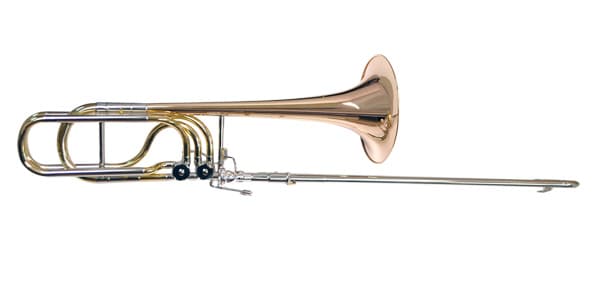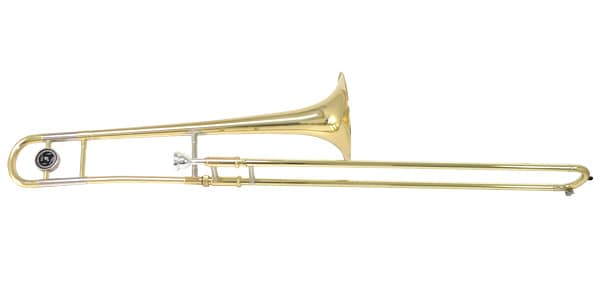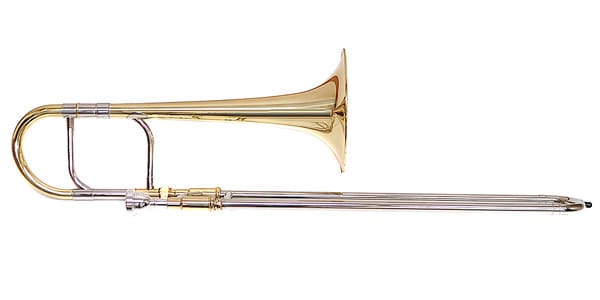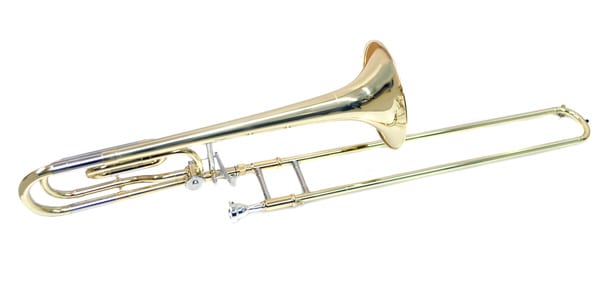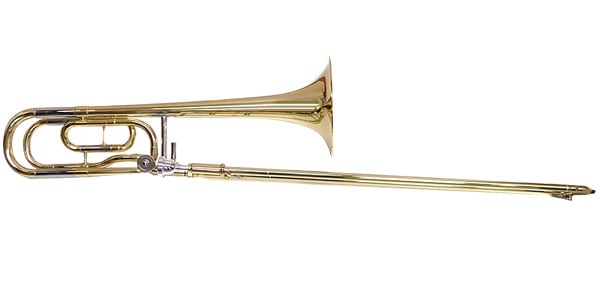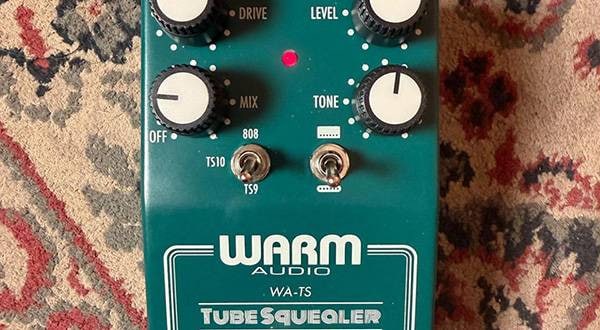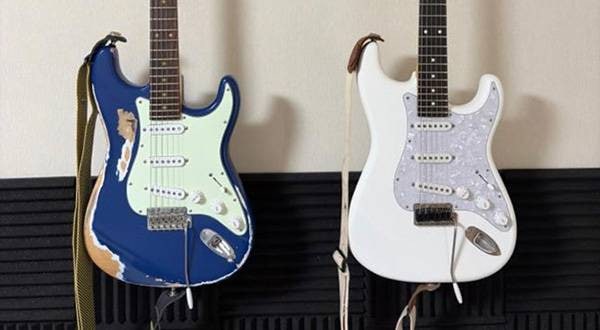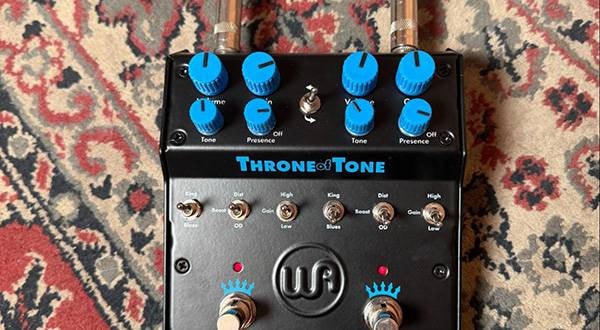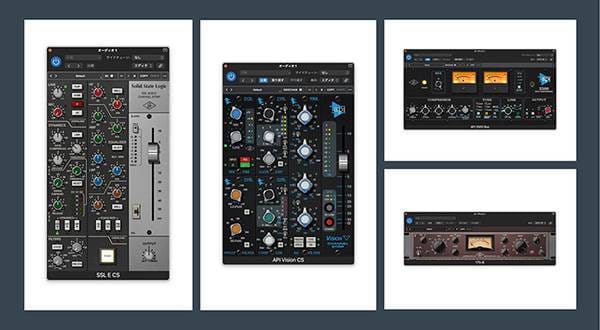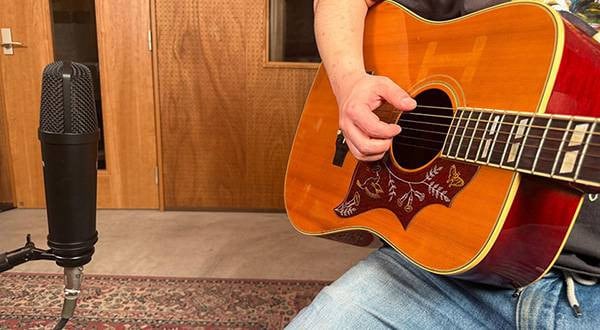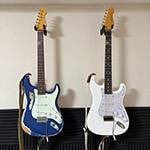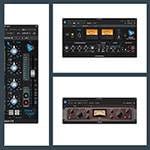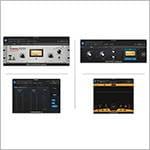
Hello everyone. Some very sad news was announced the other day. The All-Japan Band Competition has been canceled due to the influence of the COVID-19. This is sad for me, but why not take this time to learn more about your instrument or the instruments you're playing together with? And, based on that knowledge, let's wait for the days when we can enjoy playing together again!
Today, I would like to explore the origin of the "trombone", which stands out in brass bands and orchestras!
1. Why was the trombone born?
It is said that the ancestors of brass instruments already existed in the Neolithic period. It's surprising because that was about 10,000 years ago. However, nowadays, we wouldn’t call the instruments trumpets or a horns. Later, when the basics of the trumpet (there was no valve mechanism at this point, and the pitch was changed with the mouth and playing with overtones) began to be established, slides were introduced as a mechanism for changing the pitch. Today, this instrument remains as a slide trumpet (soprano trombone). However, it seems that the playing style was different from now. It's very emotional to think that it was born so long ago, and has become the instrument we're looking at today.
2. Why is it known as God's instrument?
Many people have heard that the trombone is God’s musical instrument. This is true, not a lie. When the trombone began to be established as an instrument in its own right, it was exclusively used to play religious music in churches and the like. Composers of that era include Bach. From that time on, the trombone was considered to be a sacred musical instrument. Therefore, there is no trombone part in the orchestral songs composed in this era. Beethoven's No. 5 "Fate" is said to have originated from the introduction of the trombone into orchestra. Incorporating "God's instrument", the trombone, into a folk music orchestra was quite epoch-making and became a hot topic at that time. Perhaps that trend remains, and even in the songs made after that, the trombone does not come into play very often (some movements are completely off).

3. How many types of trombones are there?
When you think of a trombone, do you think of it as a tenor trombone (tenor bass trombone) or a bass trombone?
Actually, the trombone
Piccolo trombone
Soprano trombone (slide trumpet)
Alto trombone
Tenor trombone (tenor bass trombone)
Bass trombone
Contrabass trombone
In addition to the six types
Valve trombone
Superbone
Marching trombone
Some have a piston instead of a slide.
Generally, tenors and bass are used in orchestras, while alto and contrabass are rarely used. (For example, the alto appears in Beethoven No. 9, and the contrabass appears in Wagner's Walküre Riding) By the way, in the version with the classic deep purple medley of brass band, it seems that there is a part for the valve trombone. Please check it if you have a chance. As you can see, there are many kinds of versions, which may actually be the charm of the trombone.
Thank you for reading till the end!
Today I've been exploring the trombone. It's interesting to find out about musical instruments in this way. Please take this opportunity to increase your knowledge about your instrument!!!
Music never stops!






